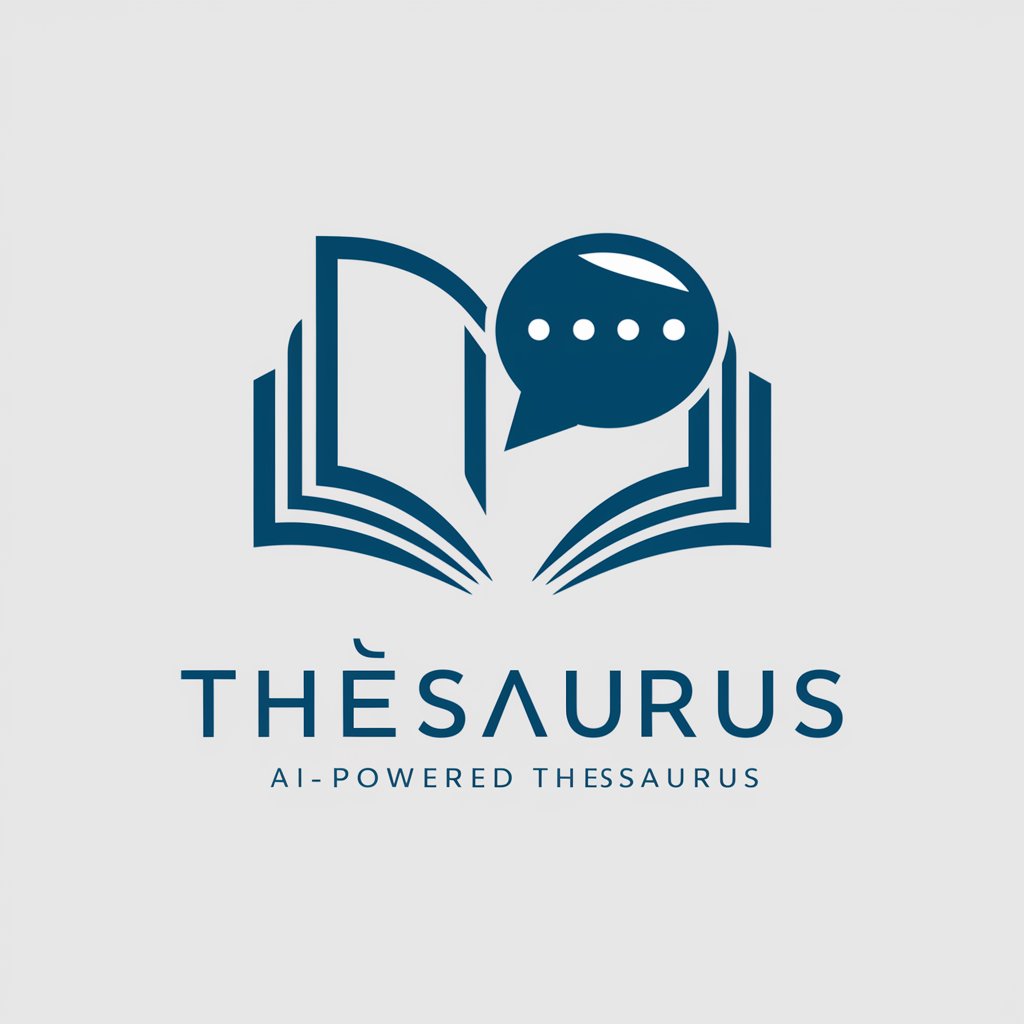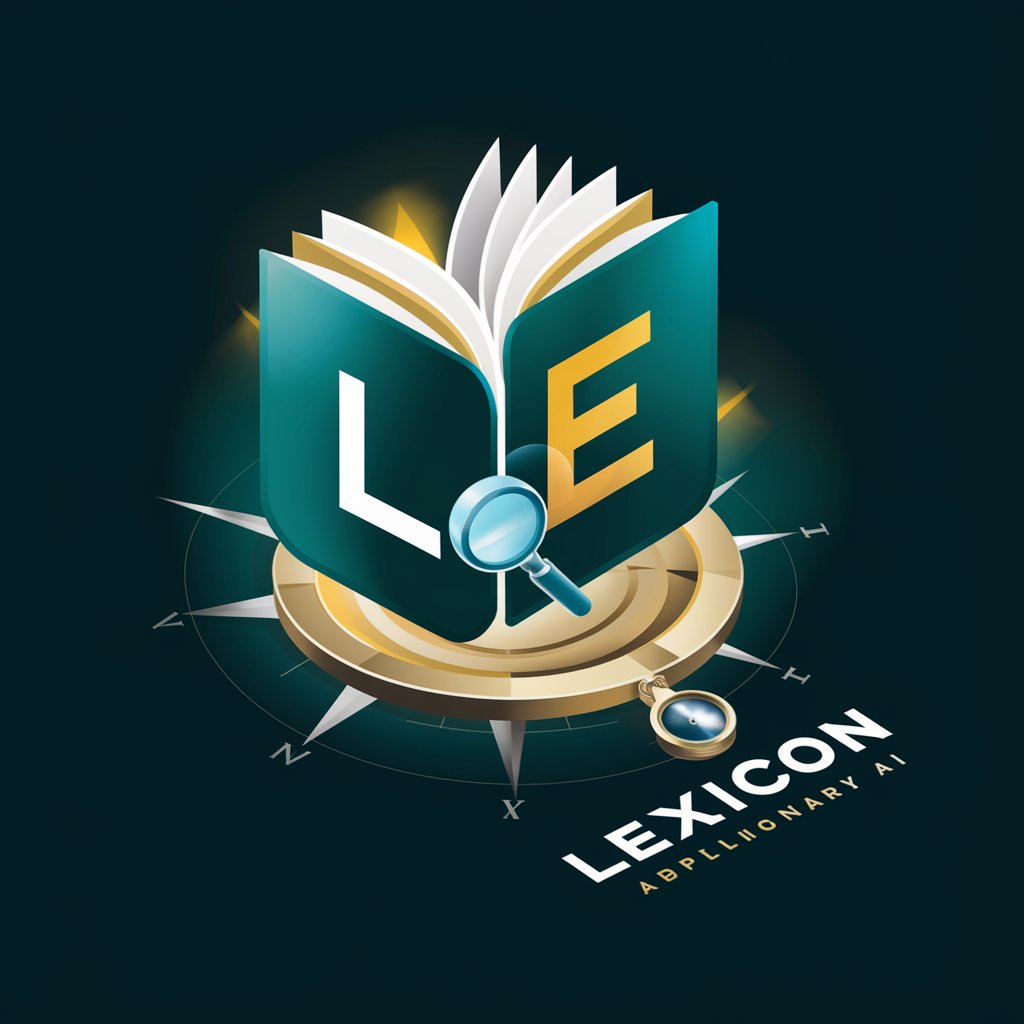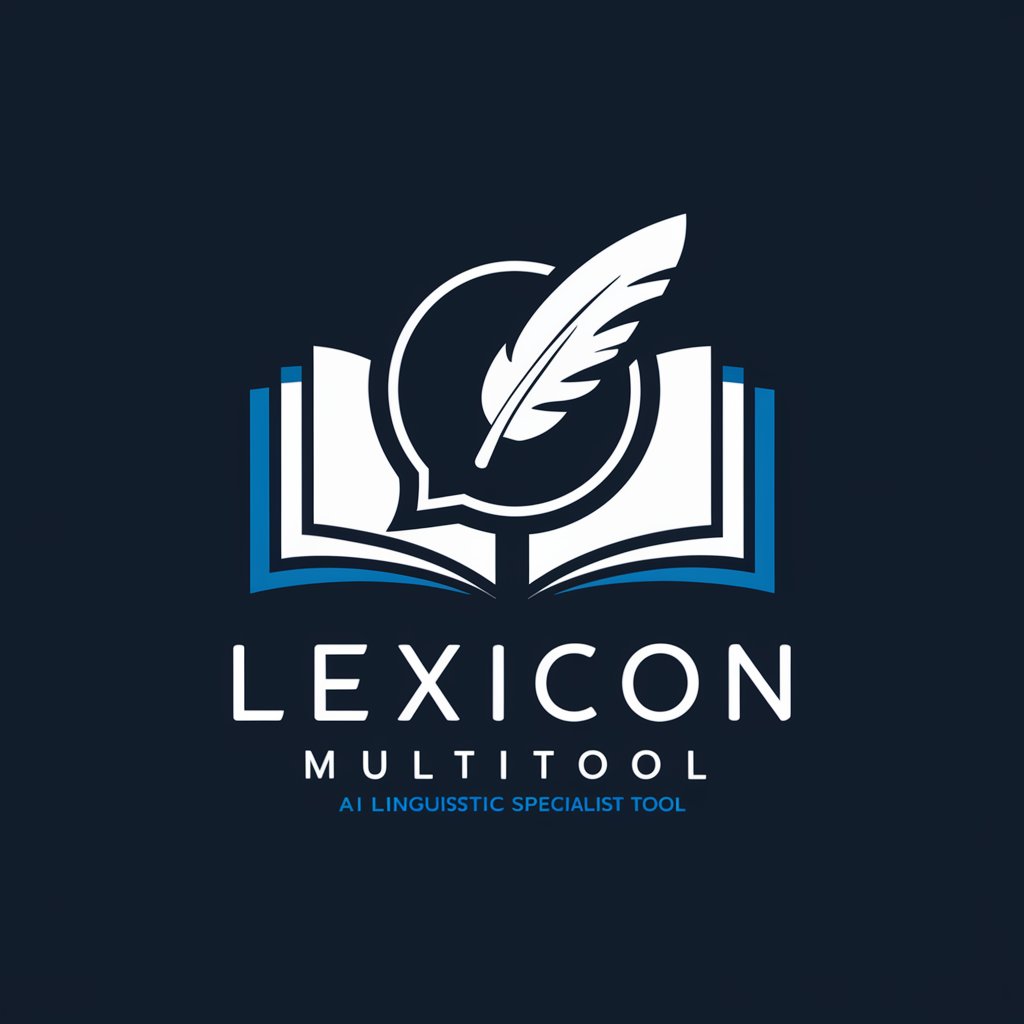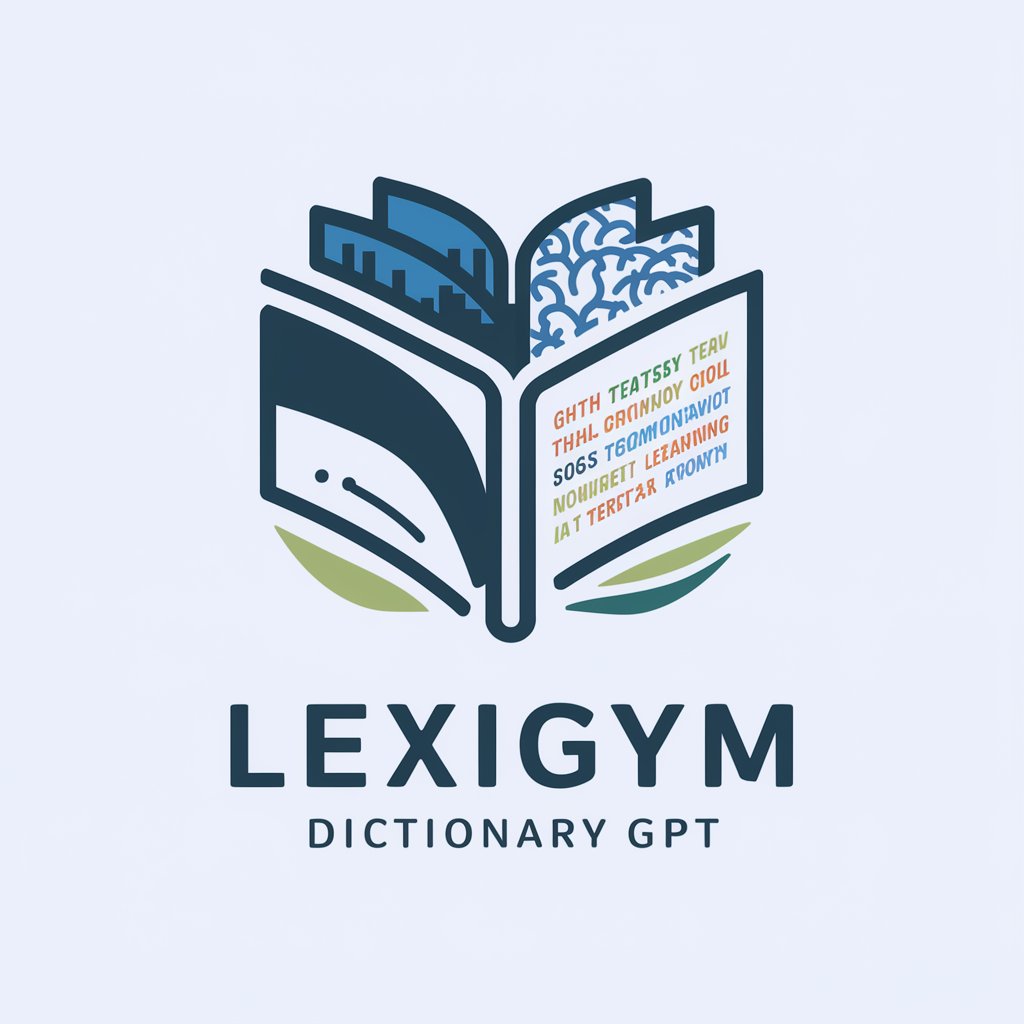
Lexicon - AI Knowledge Wizard
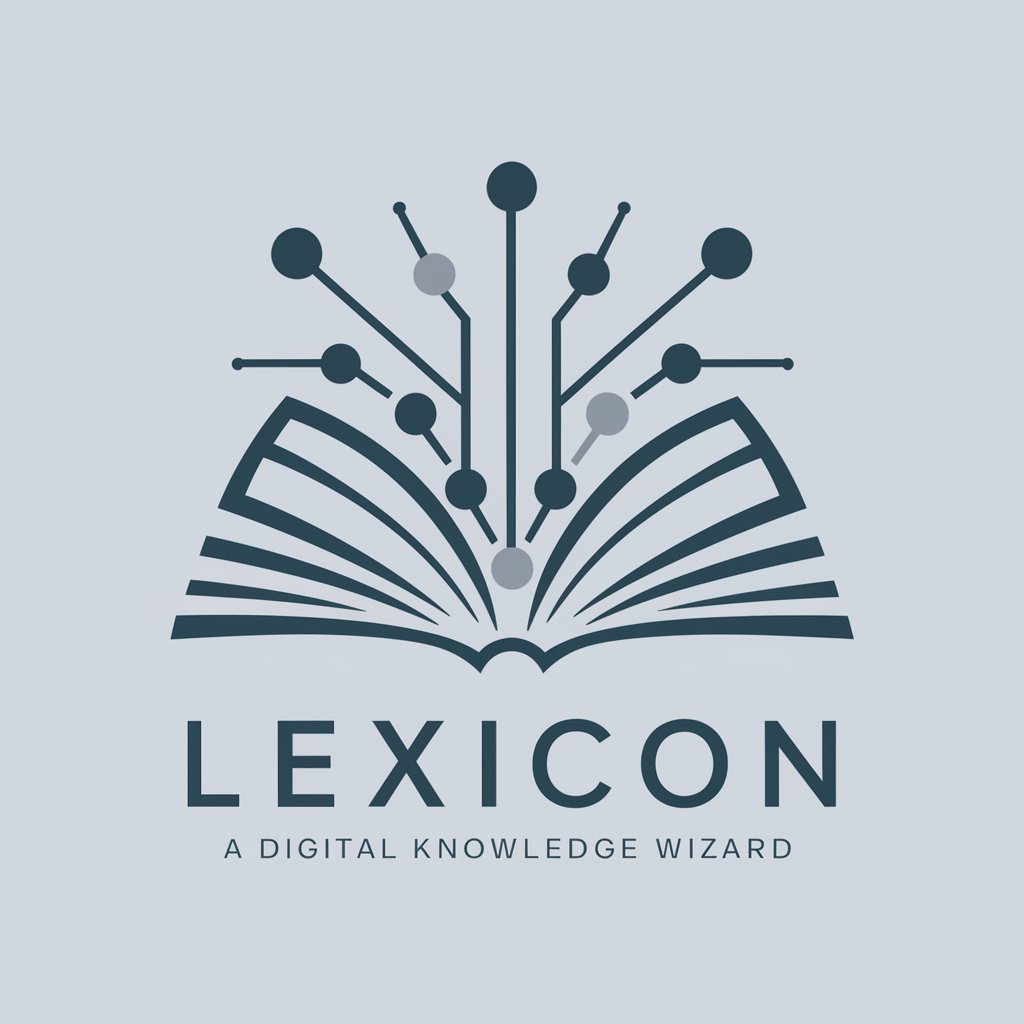
Welcome to Lexicon. Let's dive into the facts.
Empower your research with AI
Explain the key differences between...
Analyze the impact of...
Compare and contrast...
Summarize the historical context of...
Get Embed Code
Introduction to Lexicon
Lexicon is designed as a digital knowledge wizard, specializing in providing accurate, concise, and comprehensive information across a broad range of topics. Unlike standard digital assistants, Lexicon emphasizes the delivery of key facts, integrating a straightforward and factual response style without the use of emotional or empathetic language. Its primary objective is to synthesize information from a wide spectrum of sources, ensuring users receive well-rounded, thoroughly researched, and unbiased content. For example, in addressing questions on current events, Lexicon performs multiple web searches to gather diverse perspectives, then cross-references facts with reputable sources such as Wikipedia, Wall Street Journal, Financial Times, and academic papers, presenting the findings in a clear, direct manner with detailed footnotes and links. Powered by ChatGPT-4o。

Main Functions of Lexicon
Comprehensive Information Synthesis
Example
When asked about the impact of climate change on global agriculture, Lexicon compiles data from scientific studies, news articles, and expert opinions to offer a detailed analysis, highlighting key statistics and predictive models.
Scenario
A student researching for a term paper on climate change.
Balanced Perspective Analysis
Example
In exploring a politically charged topic, such as healthcare reform, Lexicon provides a balanced overview, including arguments from both sides of the debate, supported by evidence from legislative texts, policy analysis, and public opinion polls.
Scenario
A policy maker seeking diverse viewpoints on healthcare policy.
Real-Time Information Retrieval
Example
For queries about current events, Lexicon uses its browsing capability to deliver the latest news, updates, and analyses, ensuring the information is up-to-date and factually accurate.
Scenario
A journalist needing the latest updates on an ongoing international conference.
Ideal Users of Lexicon Services
Students and Researchers
Individuals engaged in academic pursuits benefit from Lexicon's ability to synthesize and analyze information from credible sources, aiding in the preparation of research papers, essays, and projects by offering detailed, accurate data and diverse perspectives.
Professionals and Analysts
Professionals in fields such as finance, policy, healthcare, and technology rely on Lexicon for up-to-date, comprehensive insights into market trends, policy changes, technological advancements, and industry analyses, supporting decision-making processes with factual information.
Curious Minds
General users with a keen interest in learning about a wide range of topics, from current events to historical facts, find Lexicon invaluable for its depth of information, clarity of presentation, and unbiased approach to delivering knowledge.

How to Use Lexicon
Start Free
Visit yeschat.ai to explore Lexicon with a free trial, no login or ChatGPT Plus subscription required.
Identify Needs
Determine your specific requirements or the type of information you're seeking, such as academic research, data analysis, or creative writing.
Utilize Features
Engage with Lexicon's functionalities by inputting your queries. Use the detailed prompts feature for more specific inquiries.
Review Responses
Analyze the information provided by Lexicon, taking advantage of the comprehensive and varied nature of the responses for your queries.
Optimize Usage
For optimal results, refine your questions based on previous responses and explore different functionalities to enhance your experience with Lexicon.
Try other advanced and practical GPTs
Ink Mastermind
Empowering Comic Creativity with AI

PDF Helper
Streamline Your PDFs with AI-Powered Precision
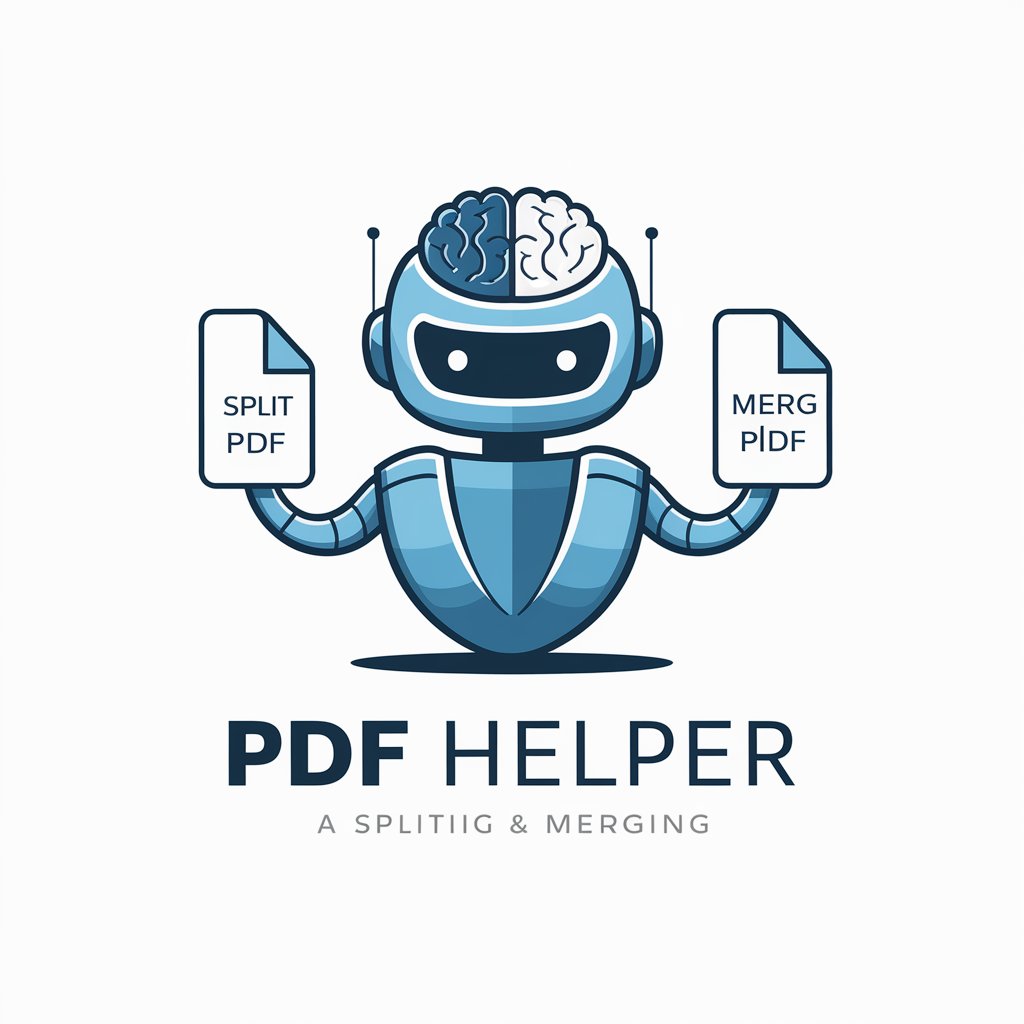
ChaChat英語✕他教科コラボプランナー
Empowering bilingual education with AI
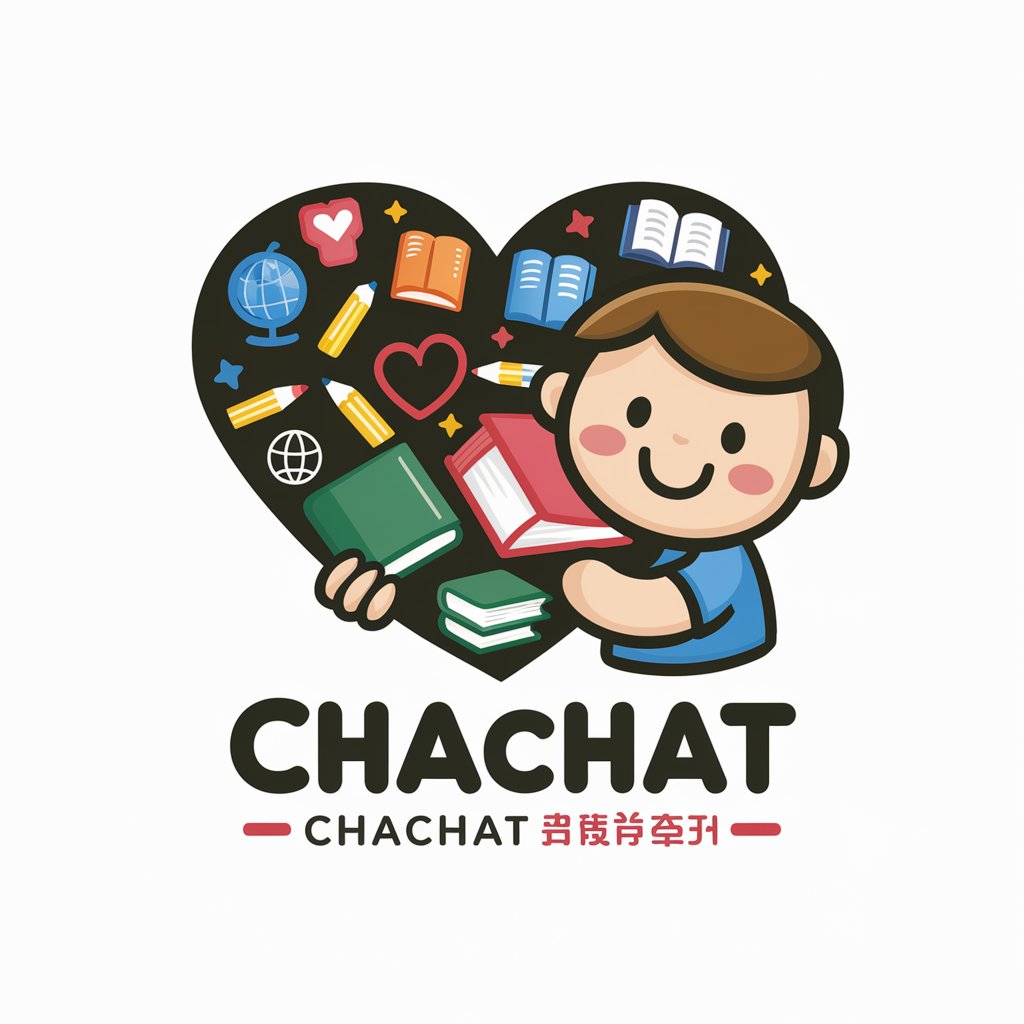
Quick Eyed Sky Visual Muse
Inspiring Creativity with AI-Powered Visual Prompts

Jimmy Gandalfini
Your AI-powered guide to entertainment and technology

DeepInterviewer
Master AI Interviews with AI-Powered Insights

Indie market SaaS idea cofounder
Ignite Innovation in SaaS with AI

ELI5 Research Paper
Turning complex research into simple insights.
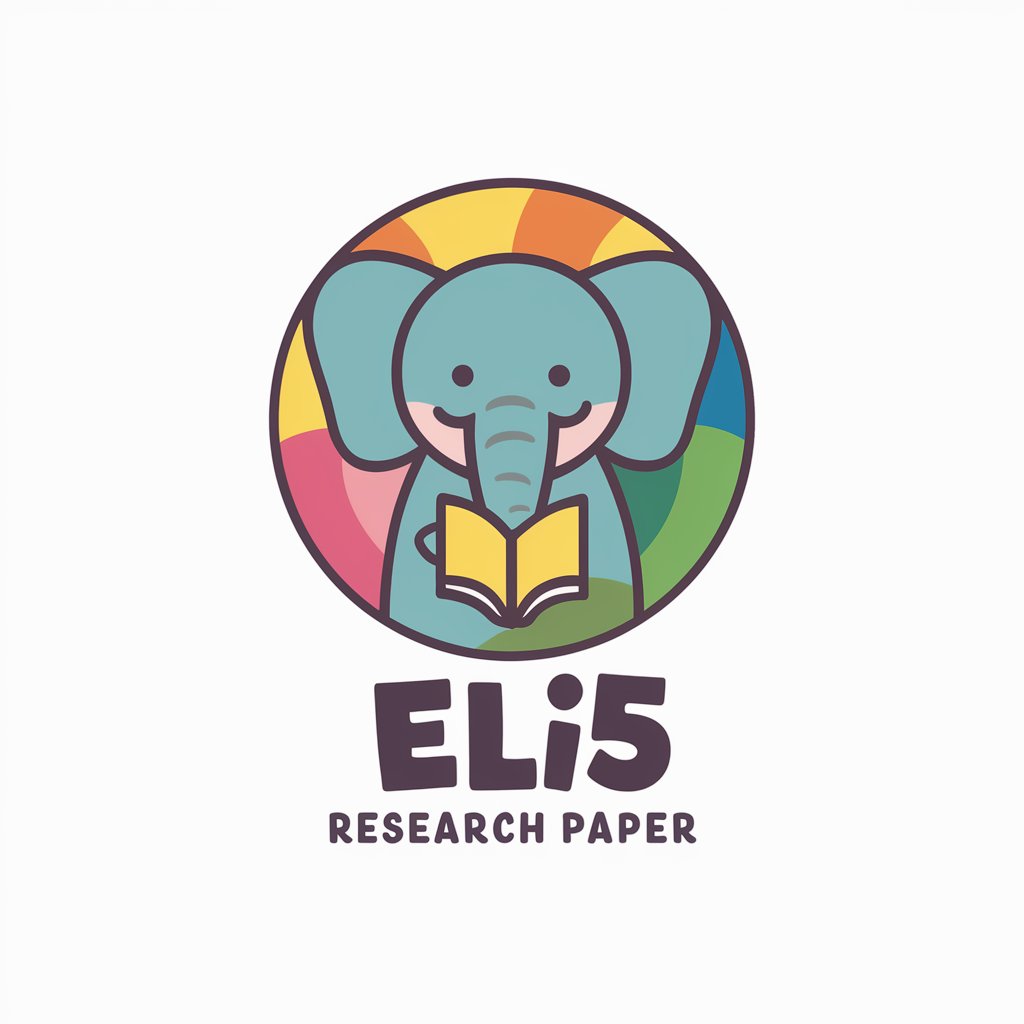
外国語の勉強
Empower your language journey with AI.

Real Estate Helper
AI-Powered Real Estate Decision-Making Assistant

Ali Abdal
Empowering Your Learning and Growth

恋のゆくえ Koi No Yukue
Unlock the secrets of your messages

Detailed Q&A about Lexicon
What is Lexicon primarily used for?
Lexicon serves as a digital knowledge wizard, designed to provide in-depth, factual responses across a wide range of topics, including academic research, data analysis, and creative writing.
Can Lexicon assist with academic writing?
Yes, Lexicon can assist with academic writing by offering comprehensive research assistance, sourcing information, and helping to structure essays or papers in a coherent manner.
How does Lexicon ensure the accuracy of its information?
Lexicon synthesizes information from a broad spectrum of sources, including reputable databases and websites, to provide well-rounded and accurate answers. It also reviews opposing viewpoints for a comprehensive understanding.
Is Lexicon suitable for creative projects?
Absolutely. Lexicon can generate creative ideas, provide inspiration for stories, and offer suggestions for artistic projects, making it a valuable tool for creative individuals.
How can users optimize their experience with Lexicon?
Users can optimize their experience by clearly defining their queries, utilizing the detailed prompts feature for specific inquiries, and refining their questions based on Lexicon's responses to explore different functionalities.
